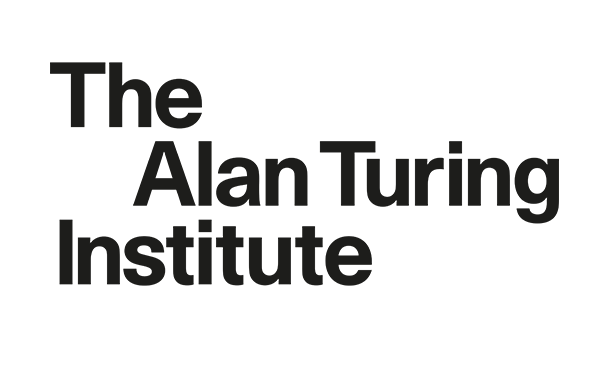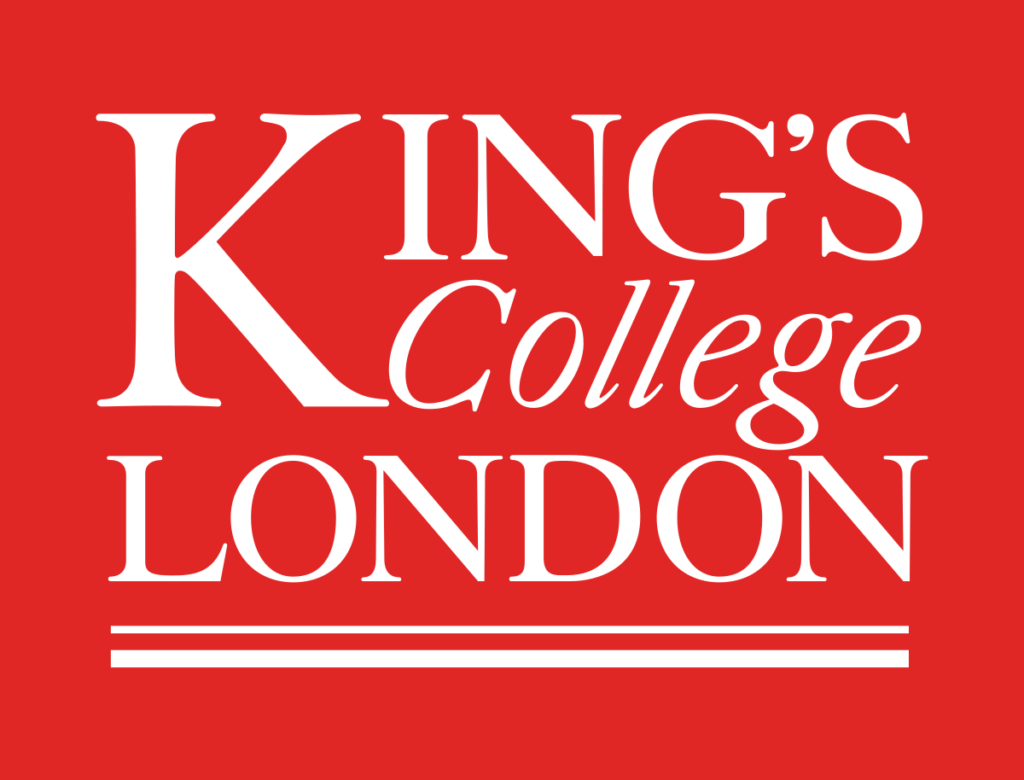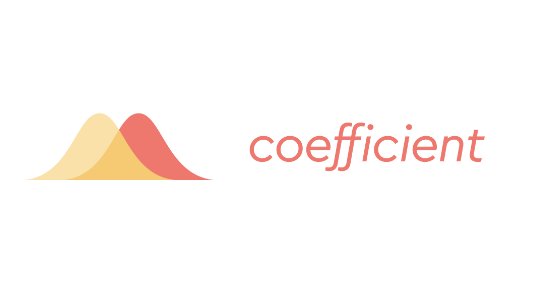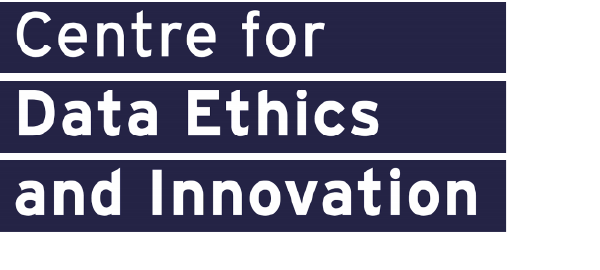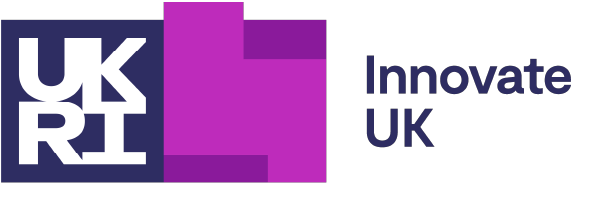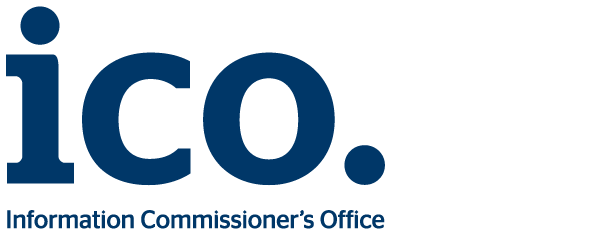The UK Government’s Department for Science, Innovation and Technology (DSIT) has launched the Fairness Innovation Challenge to drive the development of new socio-technical solutions to address bias and discrimination in AI systems.
This competition aims to encourage the development of socio-technical approaches to fairness, test how strategies to address bias and discrimination in AI systems can comply with relevant regulation, and provide greater clarity about how different assurance techniques can be applied in practice.

The challenge was formally launched on Monday, 16 October 2023, and asked applicants to submit solutions with a focus on real-world examples.
Winning proposals will receive grant funding to develop their solutions over a one-year period. We are also delighted to deliver this challenge in partnership with The Equality & Human Rights Commission (EHRC) and The Information Commissioner’s Office (ICO), who will help guide winners through some of the legal and regulatory issues relating to fairness implications of AI systems, as well as using learnings from the challenge to shape their own broader regulatory guidance.







